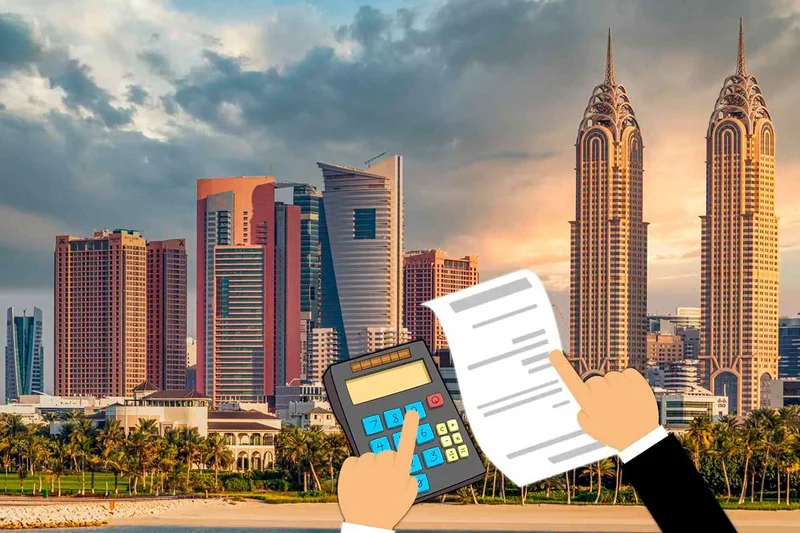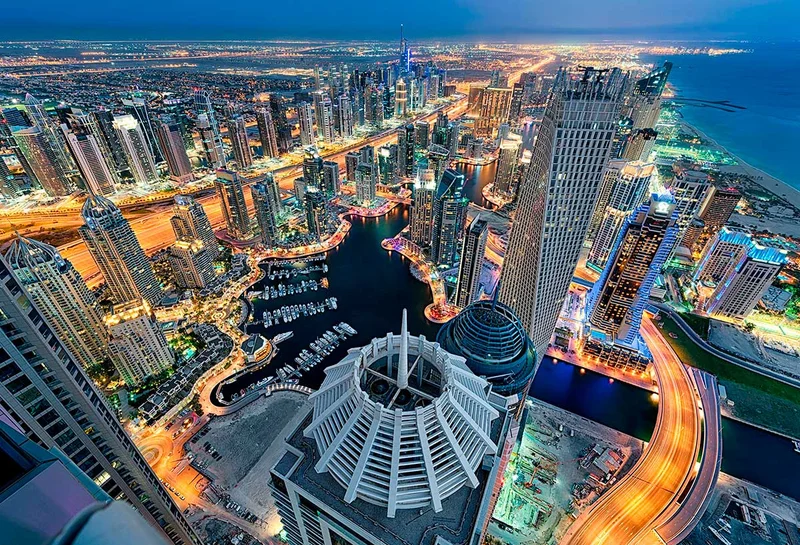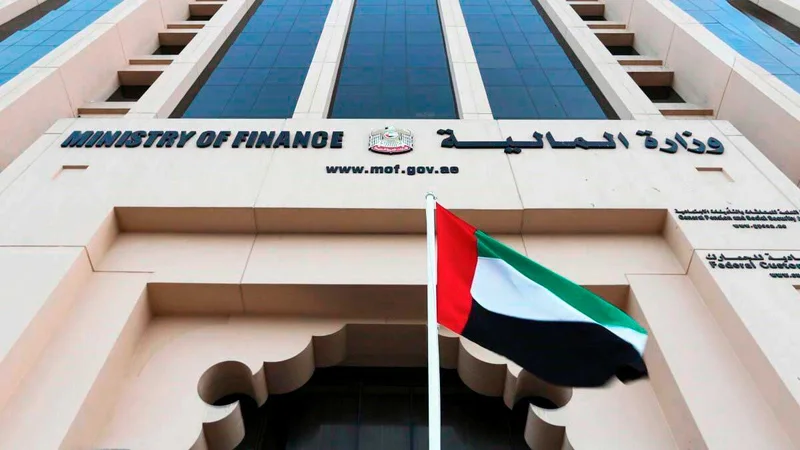Despite the widespread opinion that Dubai is among the most expensive cities in the world, its government adheres to a rather loyal tax policy. It differs from most standard schemes in other countries. The UAE contribution system offers quite attractive business and living conditions. However, the absence of several types of fees doesn’t mean complete freedom from taxes in Dubai. The Golden Bee’s specialists have prepared a detailed guide to the nuances of present Dubai fees in 2024 and provided practical advice for people who intend to move to the UAE.
The Taxation System in Dubai
The Emirates is a sought-after place to live, work, and conduct business. According to statistical data, migrants make up more than 80% of Dubai’s population. Flexible contribution systems and the absence of income tax in Dubai are largely the reasons for the country’s popularity among foreigners. Due to the minimum number of mandatory fees for individuals, Dubai is considered a real tax paradise.
The System’s Primary Features
- There is no single document regulating all fees in the UAE. Its duty system is divided into federal and regional levels. Each contribution, including Dubai salary tax, property fees, and customs duty, is adjusted by a separate legislative act and additional official explanations.
- Dubai policy is quite dynamic. In 2018, the government introduced a VAT, and in 2023, a corporate tax appeared.
- The UAE’s contribution system attracts foreigners due to the absence of a significant portion of fees levied in most other states. For instance, there is no Dubai income tax that applies to wages, rental yields, and dividends. Royalties and intellectual property income, investment yields, and capital gains from the sale of assets are also tax-free.
Types of Taxes for Individuals
Despite the absence of Dubai income tax in the UAE, there are still several mandatory fees for individuals. At the same time, most contributions levied in the Emirates have a low rate.
Personal Tax in Dubai
Citizens working in both the public and private sectors have to pay contributions to the insurance fund. These social security fees are sent to the General Pension and Social Security Authority and reach 5%. The employer also has to pay 12.5% for each worker. However, this requirement doesn’t apply to non-citizens. Expats are not eligible for a pension and free medical care in the Emirates; therefore, neither the employees nor their employers make such contributions.
Property Tax
Although there is no tax on income in Dubai, when transferring ownership rights to real estate, the seller and the buyer must pay a percentage of the real estate’s value to the state. In Dubai, the rate is 4%. In most cases, the seller and purchaser divide it into equal parts and pay 2%. The buyer also pays a one-time registration fee. It amounts to AED 2,000 if the real estate costs less than AED 500,000. For property worth more, the fee is AED 4,000. Each owner also has to pay for real estate maintenance. When renting an apartment, the tenant pays a monthly municipal duty. The Dubai tax rate is 5%.
Transport Tax
Car ownership is not subject to contribution, but there is a registration fee that amounts to 420 dirhams. Only a person with a valid driver’s license can own a car in the UAE.
Tourist Tax
The tax percentage in Dubai depends on the hotel’s conveniences. Each tourist pays 7% of the municipal fee, 5% of VAT, and 10% of the service duty.
Dubai Taxes for Companies
Until 2023, the corporate tax’s rate was 0% for most companies. However, the policy has changed a bit recently.
Corporate Tax
Since June 2023, organizations with annual revenue that exceeds 375,000 dirhams have paid 9% income tax. Foreign organizations engaged in oil and gas exploration and production make contributions at a rate of 55%, and foreign banking businesses in Dubai pay tax at a rate of 20%. Individuals become taxpayers if they carry out entrepreneurial or commercial activities.
VAT
Since January 2018, companies have paid a value-added tax in Dubai. It amounts to 5%.
Excise Tax
Several businesses in Dubai pay excise tax. Goods recognized by the government as dangerous for human health and the environment are taxable. This fee is designed for companies that import, produce, or store sweet sparkling drinks (50%), products with sugar (50%), energy drinks (100%), tobacco products (100%), and devices for smoking (100%).
Free zones with special duty and customs regimes offer the most profitable conditions for companies. These zones allow Dubai business organizations to avoid corporate taxes, VAT, and customs.
How Can Individuals Become Tax Residents?
Foreigners who have gotten a resident visa and permit automatically become the state’s tax residents. They don’t need to issue the individual taxpayer number. To confirm the status in the Dubai tax system, it is necessary to carry out several steps.
- 1. Get a visa and stay in the country for not less than 180 days.
- 2. Rent or buy property.
- 3. Submit an application on the website of the Federal Tax Authority.
- 4. Pay a duty of AED 1000.
There are no difficulties in becoming a Dubai tax resident. Processing of applications usually takes three business days. An individual can receive a tax residency certificate online.
Due to the loyal taxation system of Dubai, the city attracts foreign property investors, entrepreneurs, and expats. The UAE’s tax burden on the residents is minimal and considered one of the most efficient in the world.
Dubai offers not only zero income tax rates but also high-quality property options with a rapid return on investment. If you are looking to move to the UAE, apply to our managers. Golden Bee is an experienced real estate agency in Dubai. Our specialists can help select an optimal property from a reliable developer and purchase it in short terms without any legal risks. We’ll advise you on receiving a resident visa and permit, paying sales taxes in Dubai, and the primary nuances of moving to the UAE and living in this country.




